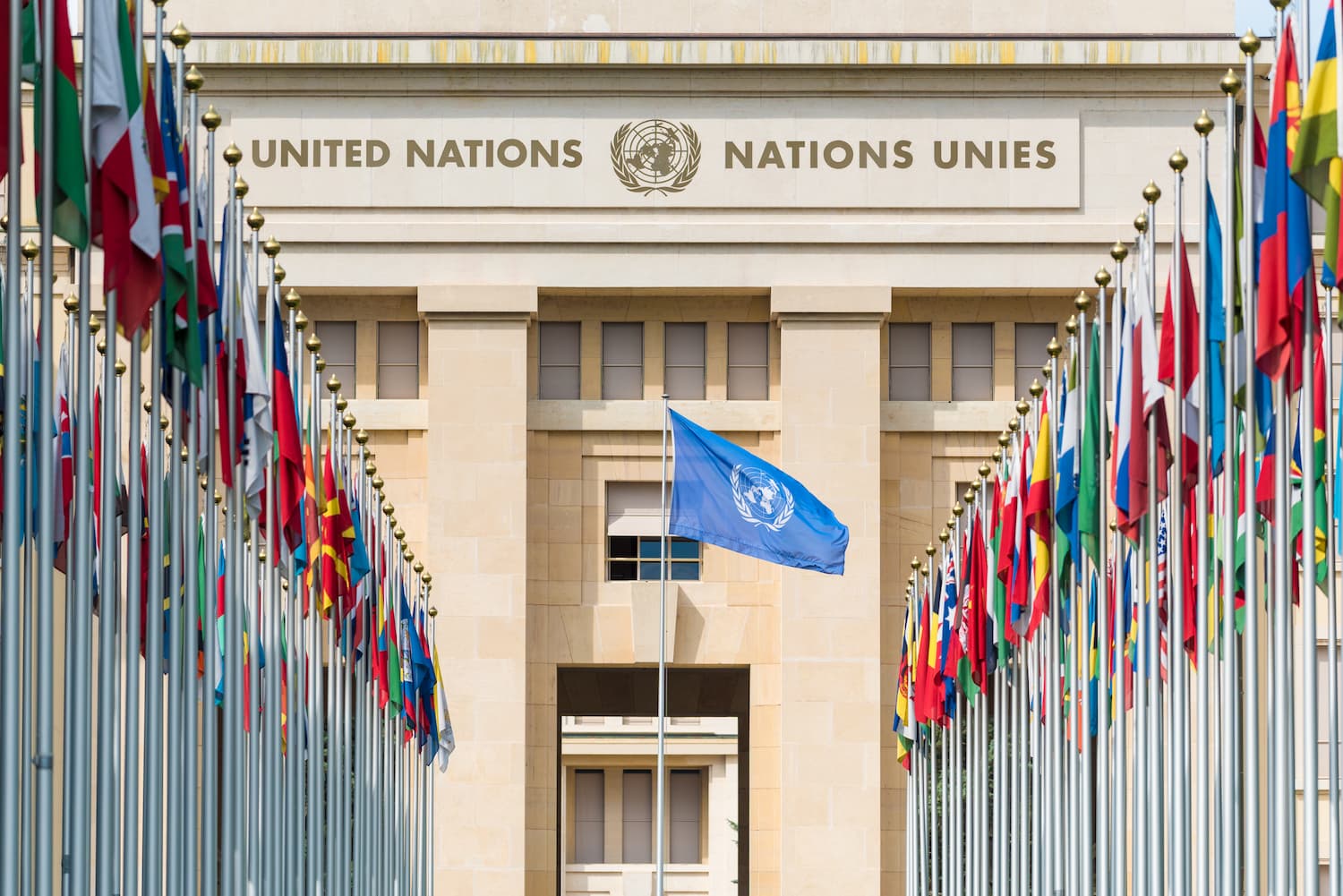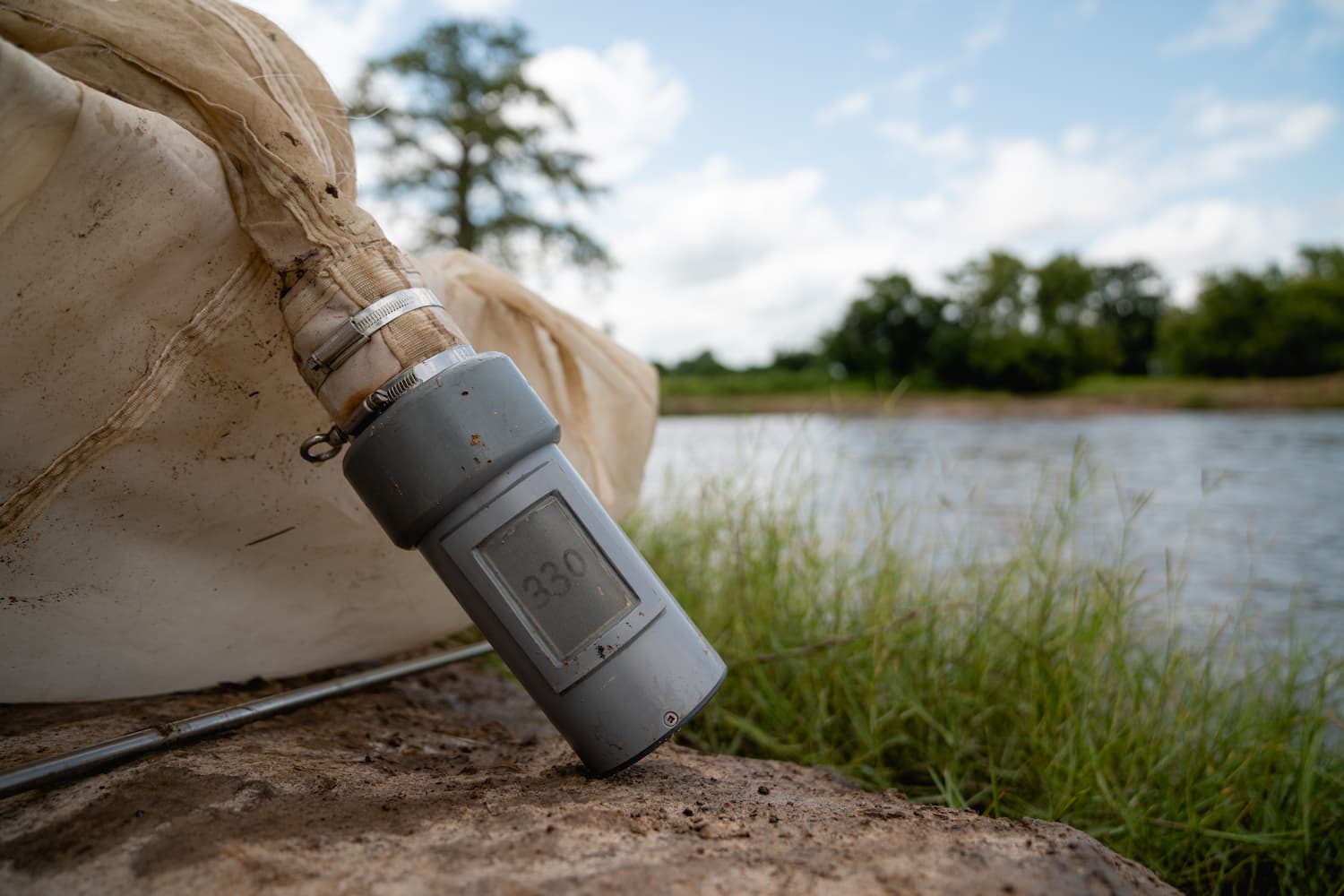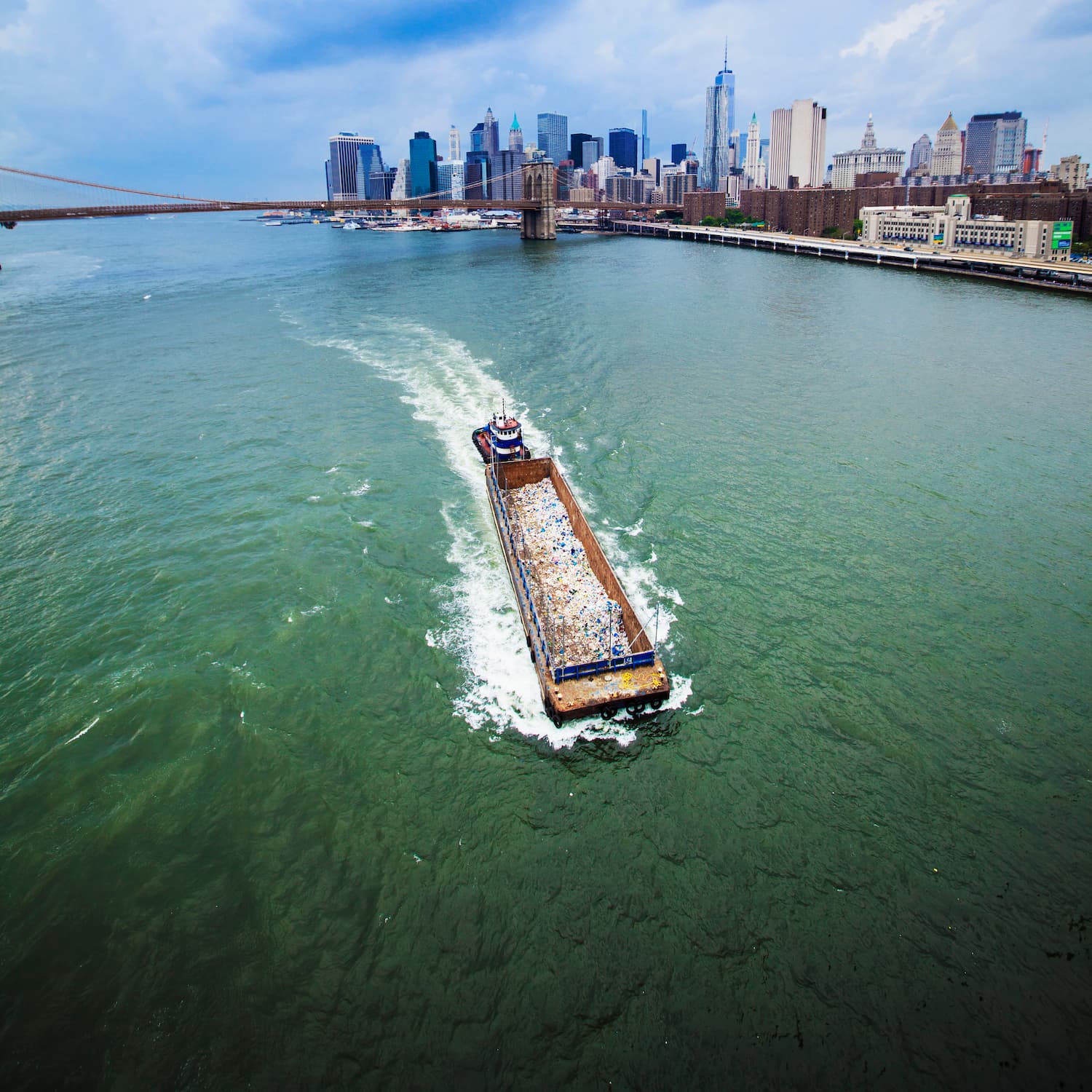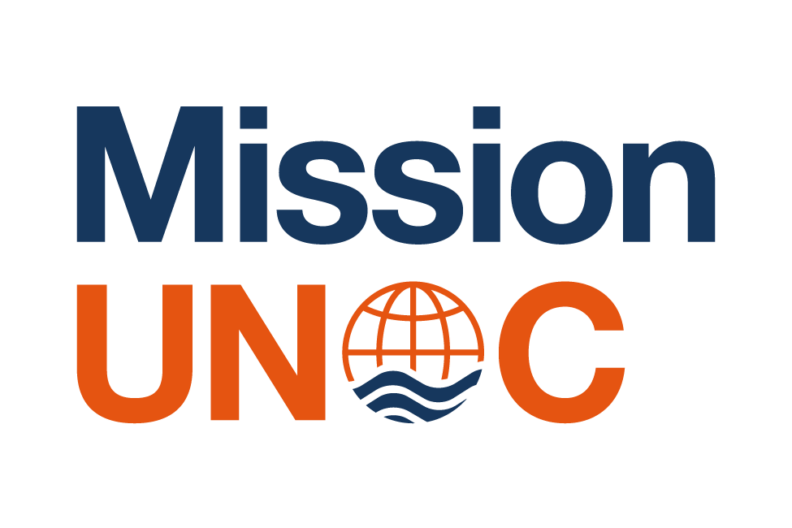International treaties: deciphering their workings to better understand our actions
From May 29 to June 2, France will host the second session of the Intergovernmental Negotiating Committee for the upcoming International Treaty on Plastic Pollution. For the second time, after the Treaty on the High Seas, the Tara Ocean Foundation is involved in the elaboration of a UN agreement, a long and technical process, whose workings and stakes are important to better understand the opportunities presented by these negotiations.
What is the UN ?
The United Nations Organization (UNO) was created on October 24, 1945 after the Second World War. It is an international organization whose primary objectives are to maintain peace and international security. The UN promotes the protection of human rights, humanitarian aid, the guarantee of international law and has specific powers such as the establishment of international sanctions and military intervention.

The UN and environmental protection
The first United Nations Conference on the Human Environment took place in June 1972 in Stockholm and marked a new era for the UN. Indeed, it placed ecological issues among the major international concerns while underlining the link between economic growth, environmental pollution and the well-being of people.
Since then, conferences on the environment and sustainable development, also called “Earth Summits”, bring together world leaders every ten years and try to define the means to bring the objectives of sustainable development to the world level. However, although it can issue resolutions, the UN is not a “world government”: it does not legislate or issue rules. Its objectives are achieved through the signing of treaties or conventions between nations that remain above all sovereign. Therefore, to what extent are its resolutions implemented and how are they translated into international and national law?
The elaboration of a treaty, a complex process
A treaty is defined in the 1969 Vienna Convention as “an international agreement concluded in writing and governed by international law”. It is the result of the expression of the common will of several States which wish to take binding measures subject to international law on a given subject. Because it requires gathering and harmonizing the opinions of several sovereign nations around the table, its elaboration can take several years and goes through three distinct stages:
- Negotiation
- Signature
- Entry into force
First step : negotiation
After the publication of the official UN resolution to have a new treaty, consultation sessions organized by the Intergovernmental Negotiating Committee (INC) take place to allow negotiators to amend the draft treaty, discuss its content and find compromises.
The content of a treaty always oscillates between two dissonant principles: the vocation of a text to create rights and obligations that are as precise and efficient as possible on the one hand; and adoption based on the mutual consent of states on the other. In other words, the negotiation consists in arbitrating between a low ambition gathering a large number of States and important objectives to which few countries will subscribe.
Scond step : signing
The negotiation is completed when the negotiators, sent by governments to represent the positions of their country, agree on a final text. The treaty is then signed by these negotiators on their behalf. The final text generally consists of three parts:
- a preamble listing the contracting parties, enumerating the aims and purpose of the treaty;
- the operative part of the treaty, i.e. all the articles and the final provisions (arrangements for implementing the treaty, revision, etc.);
- and finally, the possible additional elements allowing a better understanding of the treaty such as annexes, protocols and declarations.
Stage 3 : entry into force
The signature does not mark the end of this long process. In order to be applied, the text must then be ratified, i.e. it must be the subject of a letter by which each of the heads of state, government or parliamentary representative (depending on the country), confirms the signature that the negotiator has affixed to the bottom of the treaty on his behalf. If there is no deadline for ratifying a treaty, its entry into force remains dependent on the ratification by a minimum number of countries, which can be long!
Finally, there is the time for the implementation of the treaty. The Vienna Convention having established the principle of the primacy of international law over domestic law, treaties take precedence over national laws; this is an absolute principle. States therefore have an obligation to bring their respective national laws into conformity with international law.
Finally, the signatory countries set up the governance of the treaty as foreseen by it. This may take the form of a Conference of the Parties (CoP) or be carried out by a Secretariat, with or without the creation of a scientific oversight committee. This governance aims essentially to ensure that the objectives of the treaties are respected.
The Tara Ocean Foundation and the UN treaties
The Foundation’s special observer status to the UN
The Economic and Social Council (EcoSoC) is one of the six principal organs of the United Nations, reporting directly to the UN General Assembly. Its advisory role covers economic, social, cultural, educational, public health and sustainable development issues. It was at its initiative that, as early as 1946, non-governmental organizations (NGOs) began to play a role in the official work of the UN. This involvement of civil society is done by accreditation and under the special status of “observer”, according to the UN language.
For more than ten years, thanks to the scientific knowledge acquired on board the schooner, the Tara Ocean Foundation has been involved in the major international debates concerning the life of the Ocean. It is with this observer status that it has largely invested in questions relating to the link between the Ocean and climate issues (United Nations Framework Convention on Climate Change or UNFCCC, Paris Agreements), the Ocean and biodiversity (International Treaty for the Protection of the Biodiversity Beyond National Jurisdiction or BBNJ) and more recently the impact of plastics (Global Treaty to end plastic pollution). Alone and within NGO coalitions, she brings to the negotiators scientific and advocacy arguments for an ambitious consideration of environmental issues.

Plastic treaty: carrying the dual ambition of governance and reduction
The Tara Ocean Foundation has been mobilized since the beginning of the negotiations of the future global treaty to end plastic pollution. It is committed to a highly ambitious text. Following the first session of the Intergovernmental Negotiating Committee (INC) held last November in Punta del Este, Uruguay, Paris is hosting the second session, from May 29 to June 2, at the UNESCO Palace.
This treaty represents a historic opportunity to take up the challenge of putting an end to plastic pollution, which is characterized by its complexity, diversity and scale. These particularities lead many observers to already project requirements for the content, objectives and monitoring of the treaty’s implementation. Nevertheless, it is essential to adopt the same level of requirements for the governance of the treaty, which largely conditions the effectiveness of the text (as for all international agreements).
Two issues stand out for the INC2 which will take place in Paris at the end of May:
- Obtain content addressing the entire life cycle of plastic products, including production;
- Ensure that the governance of this treaty allows for the inclusion of these objectives in the text and ensures their implementation.
Qualified majority voting, a condition for the ambition of the treaty
The voting method is the most important aspect of governance. If states agree to adopt a text by unanimity, the content (reduction targets and obligations, etc.) will certainly fall short of expectations compared to the need for action. Indeed, voting unanimously is equivalent to giving a veto right to each State party to the treaty. A single country can thus block discussions, bog down negotiations and oppose the attribution of a text if it does not satisfy its ambitions. The less ambitious states could in fact divert the text to a hollow final object and destroy the unique opportunity that this treaty represents. The governance of this “Plastic Treaty” thus frames the implementation of the text’s objectives. This is why the Tara Ocean Foundation is working with other civil society NGOs and the scientific community to push States to agree on a qualified majority vote. These conditions are the only ones that will allow us to determine common ambitions that meet the challenges of reducing plastic pollution: starting with a priority objective of reducing plastic production.
Making reduction the key perspective for the treaty
On the substance, it is essential that the Paris negotiations record the reduction objective. This reduction should be of three kinds:
- Establish a timetable for stabilizing and reducing global production of monomers, the raw materials for plastics production.
- Control and reduce the diversity of polymers and additives used – Define objectives for reducing and/or banning the most toxic polymers and additives to reduce the impact of plastic pollution.
- Define reduction targets for single-use plastic objects – Because they account for at least 40% of plastic consumption, because the impact of plastics is also upstream in the production chain, because there is no sufficiently efficient collection and recovery system to avoid any leakage into the environment, single-use packaging and ephemeral objects must be progressively reduced until they no longer pose a threat to human health and the environment.
Moreover, the issue of plastic pollution is characterized by its great complexity. To properly address this problem, it is necessary to agree on common terminology. The negotiations must therefore also, as a priority, propose clear definitions of key terms (plastics, recyclable, recycled, etc.).
Data transparency is also a prerequisite for production management. Requiring states to report on marketings and waste treatment appears to be a necessary solution to remedy the opacity of industrial processes and the lack of visibility on the state of global production. These reports would allow for a better understanding of the volumes placed on the market and the sectors most concerned.
To conclude, it is appropriate to recall the importance of solutions based on the circular economy. Not in a misguided sense of the term and limited to the circularity of materials, but in its systemic and global vision, aiming at saving resources and ensuring no harm to the living. During the INC 2 in Paris, the Tara Ocean Foundation will recall the fundamental concept of the circular economy, that of the “3Rs” (Reduce, Reuse, Recycle), which are complementary and above all HIERARCHICAL.
Reduction is the only perspective that allows us to envisage a reduction in plastic pollution. The challenge of the Paris session is to make this objective the guiding principle for negotiations in the years to come.
What is the outcome of the second session of UN negotiations?
The Tara Ocean Foundation was heavily involved in the second round of negotiations for 2 weeks:
- 23 May: Romain Troublé, Managing Director of the Foundation, spoke to journalists and members of parliament at the French National Assembly to present the issues at stake in the future Plastics Treaty.
- 24 May: Henri Bourgeois-Costa, Director of Public Affairs, appeared alongside Jean-François Ghiglione, Scientific Director of the Microplastics Mission in 2019 at the French National Assembly to present the issues at stake in the future Plastics Treaty to French and foreign parliamentarians.
- 26 May: Romain Troublé moderated a round table for the City of Paris alongside representatives from cities on four different continents to explain the issues involved in reducing urban plastic pollution.
- 26 May: Henri Bourgeois-Costa spoke at the evening event entitled “An international (anti)plastic treaty” organised by the Académie du Climat and the City of Paris, where he presented the key issues at stake in the content of the future treaty. It was a fine initiative to involve citizens in negotiations on a priority issue for society and human health.
From 29 May to 2 June, discussions between governments, NGOs and other stakeholders were intense. Here are the main points to take away from these discussions, which give an indication of the direction of the forthcoming sessions:
- A group of states has slowed down the negotiations and is seeking to lower ambitions: the oil-producing countries and the BRICs (Brazil, Russia, India and China) have stepped up their efforts to slow down the plenary sessions and contact groups. They want to turn this treaty into a waste management issue, when it is absolutely essential to reduce production.
- The Coalition of States for a High Ambition is gaining in importance: during the week, several countries from every continent joined this group of States, which are gradually asserting their leadership in reducing pollution and working on the fundamental aspects of the treaty, in particular reducing the overall production of plastics and banning the most toxic formulas.
- NGOs have done a great deal of work to support governments in their decision-making: however, UNEP’s inclusion of civil society players is still inadequate given the resources deployed by the petrochemical and plastics lobbies.
- The work has only just begun! We still need to convince a large number of countries that the forthcoming sessions should be more constructive, that the discussions should focus on the essential issues and that they should result in a legally binding text that is equal to the challenges.
The Member States have three negotiating sessions left to agree on a final text for the treaty by the end of 2024. Between now and INC 3, which will take place in Nairobi at the end of 2023, the Tara Ocean Foundation will continue to mobilise civil society and political leaders alongside other NGOs!
What is the outcome of the third session of UN negotiations?
For the Tara Foundation, this third session was highlighted by :
- A united front of NGOs, scientists, representatives of the High Ambition States and small States of the South, representatives of indigenous peoples and plastics workers, who are all united in defending a strong, binding treaty that will resolve the entire plastics issue.
- The fact that climate issues, toxicity for humans, ecosystem degradation and extended producer responsibility are now understood, and that plastic is not just a waste issue.
- The setting up of three working groups to make progress on reduction issues, financial mechanisms and the organizational aspects of the Treaty.
- The fact that countries opposed to a strong Treaty have now come together in a coalition.
- The presence of 143 petrochemical lobbyists as well as 6 directly involved in the official delegations of some countries.
- The failure of this session to reach an agreement on the work to be done between now and the next session, in Ottawa next April.
In preparation for the next negotiating session (INC4), to be held in Ottawa next April, the Tara Foundation is mobilizing its experience and expertise more than ever on circular economy issues (definitions and financial mechanisms in particular). With its network of scientists and its team, it will continue to inform and mobilize the public and deciders with the aim of achieving a High Ambition Treaty.

